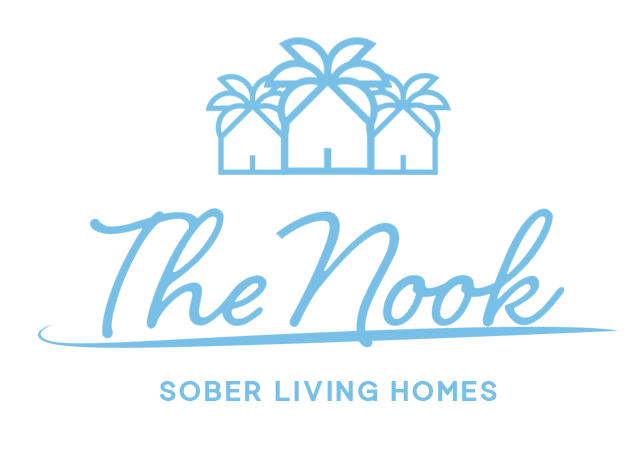Relapse is a common and expected part of the recovery process. Research suggests that 60% of those with a substance use disorder achieve long-term recovery. Many of them experienced more than one relapse before they gained their long-term recovery. Because relapses are so common and considered a normal part of recovery, therapists will work with individuals to create relapse prevention plans to help set them up with tools to prevent a relapse when possible.
What Does It Mean When Someone Relapses?
Within the context of substance use, a relapse occurs when someone uses a substance after they’ve been sober for some time. Relapses are a very common part of the recovery process and are not considered a failure on the part of the patient. Instead, it is viewed as an opportunity to learn and utilize skills learned in treatment. Each time an individual relapses, they have the opportunity to intervene with their learned skills and get back into recovery.
Why Do People Relapse?
Common risk factors can make a person more vulnerable to experiencing a relapse with drug addictions. These risk factors can be split between four categories:
- Psychosocial risk factors: These include not believing in your ability to control your substance use, believing that substance use has positive effects such as reducing anxiety, not being motivated to change, difficulty coping in stressful situations, negative affect, poor social and emotional support, and cravings.
- Behavioral risk factors: These include continuing to be in contact with people associated with substance use, substances or paraphernalia being present, spending time where you used to use substances, withdrawing or self-isolating, and not using recovery supports when in stressful situations.
- Internal risk factors: These include having untreated physical health or mental health concerns, boredom, feeling angry, lonely, or tired.
- Environmental risk factors: These include living in a place where substance use is common, living near a bar, and exposure to substance use at work or in a personal environment.
What is Relapse Prevention?
Relapse prevention includes planning for how to handle situations that come up that can trigger a relapse, such as situations involving the risk factors in the previous section. It’s important to understand that these situations can occur at any moment, so having strategies to manage triggers is important. It is not possible to avoid them forever. Relapse prevention strategies include the following:
- Learn to understand that a relapse is an event that can occur and a process.
- Identify risky situations and what coping skills can be used to prevent relapse when they occur.
- Work on building positive relationships with friends, family, groups, and recovery programs that can help you through recovery as key sober supports.
- Learn to identify when negative emotions occur and how to best cope with them.
- Learn to identify when you are craving something and how to manage that craving without it triggering a relapse.
- Learn to identify and challenge cognitive distortions, such as black and white thinking, overgeneralization, catastrophizing, jumping to conclusions, etc.
- Create a balanced and healthy lifestyle.
- Consider the use of medications to manage substance use when appropriate.
These relapse prevention strategies are not developed all on your own. Your therapist will work with you on creating a relapse prevention plan as you work to achieve long-term recovery.
Finding Relapse Prevention and Aftercare Near Me
The Nook is a sober living home that aims to support those working their way through recovery. It provides support to help individuals maintain sobriety while also maintaining commitments related to employment and familial obligations. The Nook understands that young professionals can’t put their job or college career on hold and disappear for months at a time. We allow you to flexibility to continue your career and strive for recovery.
The Nook is connected to Thrive Treatment center so that you can have access to quality outpatient care during your stay at The Nook. Thrive Treatment offers intensive outpatient services, partial hospitalization, and outpatient services to meet your level of care needs. We also create individualized treatment plans so that your individual needs are met. Don’t wait any longer. Contact us today to find out how The Nook can help you achieve recovery.


